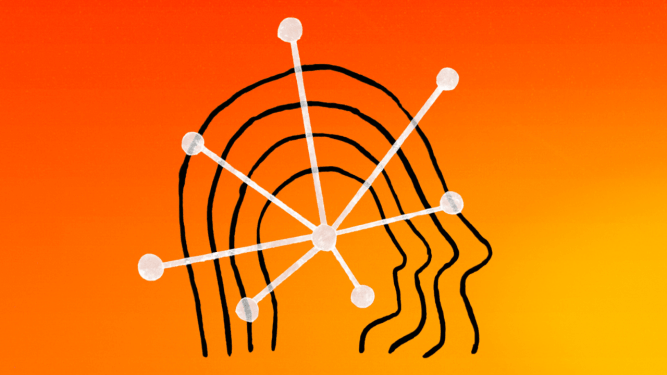AI Competition Heats Up: OpenAI and Anthropic Battle for Developer Trust

In today’s tech landscape, the rivalry between AI coding tools is intensifying, with significant developments from Anthropic and OpenAI stealing the spotlight. Recently, Anthropic’s Claude Code faced backlash after it issued takedown notices to an intrepid developer attempting to reverse-engineer its software. This aggressive move has drawn a stark contrast with OpenAI’s more open approach with its Codex CLI, which has been warmly received by the developer community.
At a time when AI tools are becoming central to software development, Anthropic’s decisions regarding code accessibility have raised eyebrows. Claude Code, which operates under a strict commercial license, is less accessible than Codex CLI. The latter is open-source, released under an Apache 2.0 license that permits distribution and commercial use. This allows developers greater freedom to innovate and contribute to its evolution.
The tension surfaced prominently when a developer de-obfuscated Claude Code’s source code and shared it on GitHub. This elicited a swift response from Anthropic, which filed a DMCA complaint, reflecting the firm’s commitment to protecting its proprietary technology. Meanwhile, developers have expressed dissatisfaction with Anthropic’s restrictive measures, arguing that they hamper creative collaboration.
In stark contrast, OpenAI has actively encouraged contributions from its user base. Since the launch of Codex CLI, the company has integrated numerous developer suggestions into its codebase, showcasing a commitment to community engagement. One notable feature allows Codex CLI to interface with AI models from various providers, including Anthropic itself.
Experts suggest that OpenAI’s more collaborative stance may enhance its reputation among developers, possibly leading to a more sustainable growth trajectory in a competitive industry. As both companies strive for market dominance, this competition may define the future of AI-driven coding.
While Claude Code is still labeled as beta and may evolve with time, the backlash faced by Anthropic points to the challenges inherent in balancing security with developer trust. The scenario serves as a critical reminder for tech companies of the importance of fostering goodwill in an era where transparency and collaboration are increasingly valued by users.
As the race for developer loyalty heats up, it remains to be seen how these two AI giants will navigate their strategies in the face of criticism and competition, particularly when security and innovation are at stake.
